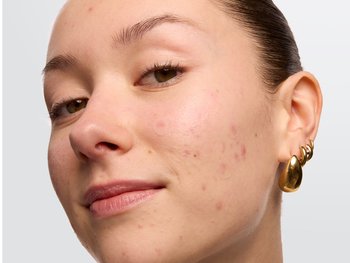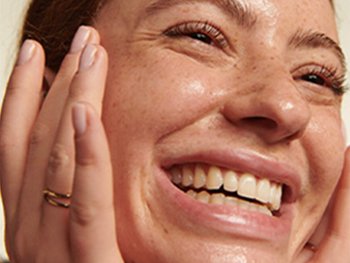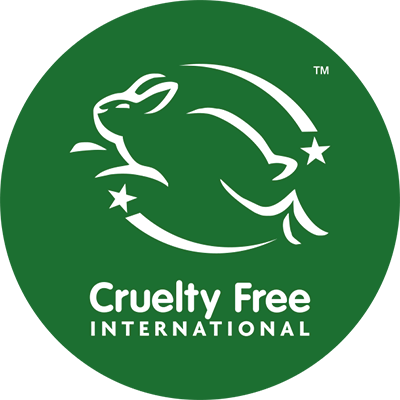Skin Care for Teens: The Ultimate Guide to a Healthy Glow
Your teenage years are the perfect time to embark on your lifelong skin care journey! As your body and hormones change, common teen skin issues like acne, oily skin, and increased sensitivities can rear their ugly heads. The best strategy is to learn about skin care for teens and all the solutions that are available for the right skin care routine. Bookmark this step-by-step guide for addressing common concerns and finding the most effective skin care routine for teen skin.









